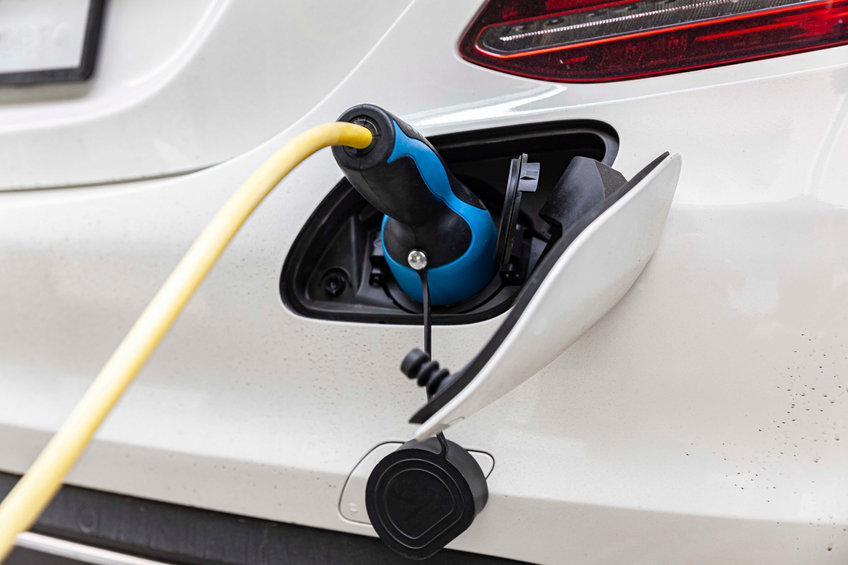
A new partnership between NFU Energy and InstaVolt aims to help farmers and landowners install public electric vehicle charges as an additional revenue stream.
NFU Energy and the rapid charging network will collaborate on projects to aid the UK in its transition to decarbonisation and to help farmers earn more.
They say the aim of the partnership is to support the industry in diversifying as well as working towards a more sustainable future approaching net zero.
Farmers and landowners will benefit from additional income through the installation of rapid chargers if the circumstances are deemed to be right.
InstaVolt's network has over 700 public rapid chargers UK-wide currently, but in order to meet demand with big increases in electric vehicle sales, there needs to be more.
The InstaVolt-built Stroud Park hub on the M40 has quickly become one of the busiest charging hubs in the country.
And with the firm's expertise in identifying suitable locations, farmers could benefit from the conversion of low-grade land into valuable sites on the UK’s strategic road network.
Locations with farm-shops could also benefit from the extra footfall and increased dwell time, both groups say.
InstaVolt chief executive officer, Adrian Keen said: "Charger installations provide landowners with the perfect opportunity to make additional income from their land.
“This partnership will help InstaVolt deliver on its pledge to grow the network to 10,000 chargers and offer reliable rapid chargers to additional locations."
NFU Energy managing director, Tim Crocker, said the partnership will enable NFU members and non-members the opportunity to earn money by renting out pieces of land.
“In order to keep up with the infrastructure necessary to meet net zero targets research says the UK needs to be installing 40-50 new chargers every day for the next 10 years," he said.
"At present, there are just over 27,200 chargers but the Competition and Markets Authority reported in summer 2021 that 1 in 25 of those aren't working and for rapid chargers that number is even higher at 1 in every 10.
“Our aim is to help facilitate the many infrastructure changes necessary to meet net zero and to provide substantial diversification opportunities to farmers across the UK.”
